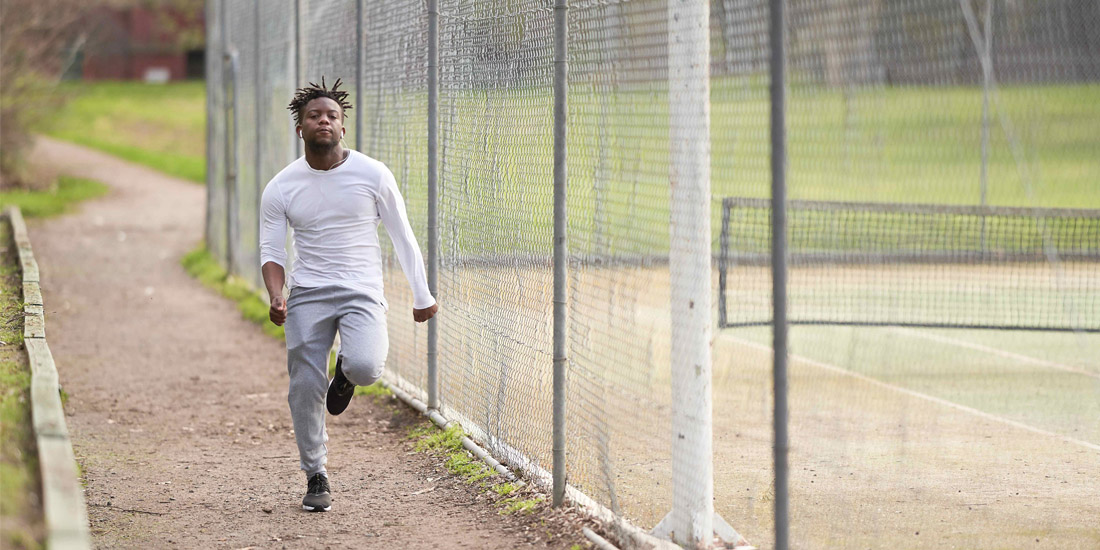
Para-athletes experience similar overall rates of mental ill-health as non-para athletes, but the contexts for their mental health challenges may differ, an Orygen-led study has found.
Orygen’s Professor Rosemary Purcell, who leads the research team, said the findings suggested that there were certain risk factors that may make para-athletes more likely to experience mental ill-health.
“Experiencing two or more adverse life events in the past year, sports-related concussion, high self-stigma, inadequate social support and low psychological safety were linked with greater risk of poorer mental health outcomes for para-athletes in particular,” Professor Purcell said of the findings published in Frontiers in Psychology.
“Most of these risk factors are dynamic – meaning that they can be changed – so working to improve social supports, reduce self-stigma, and reduce adverse life events and discrimination could have a beneficial impact on para-athletes mental health.”
While there is a growing body of research on the mental health of elite athletes, consideration of specific para-athlete needs has been overlooked to date.
The paper drew on online survey responses from 427 elite athletes, 71 of them athletes in para sports. It looked at four domains: mental health symptoms, general psychological distress, risky alcohol consumption and eating disorders/disordered eating.
Each of these domains was then assessed in terms of risk and protective factors ranging from individual and interpersonal factors, to sport-based and community-based factors.
“What this new research on para-athletes suggests to us is that we need to look past the individual athlete to other factors in elite sports environments that may be contributing to mental health challenges,” Professor Purcell said.
“That includes increasing psychologically safety in elite sport settings, so that athletes in para sports don’t experience self-stigma and feel more comfortable to seek mental health support if needed.”
Research indicates that the overall rate of mental ill-health among both para- and non-para athletes is the same as – or higher than – the general population, with approximately 25-35 per cent of elite athletes reporting symptoms of mental ill-health.
Professor Purcell said the findings were informative, but required further research.
“This research helps us to better refine what type of mental health support is needed in different elite sport contexts. A ‘one-size-fits-all’ won’t cut it. We need more work to figure out what works best for who. This is a good start in para-sport,” Professor Purcell said.
The research was funded by the Australian Sports Commission.